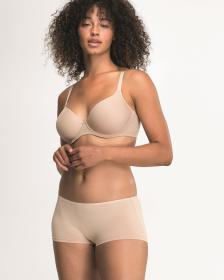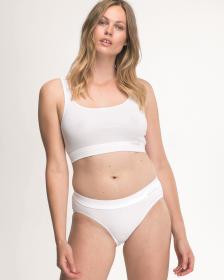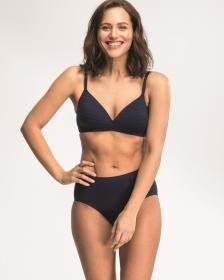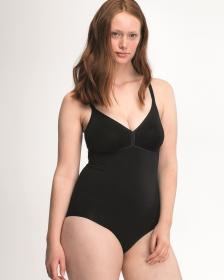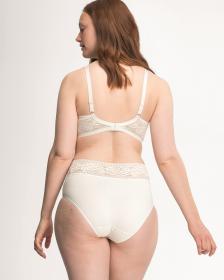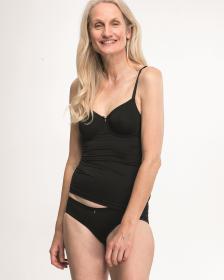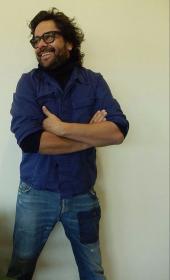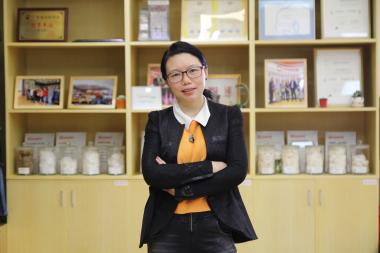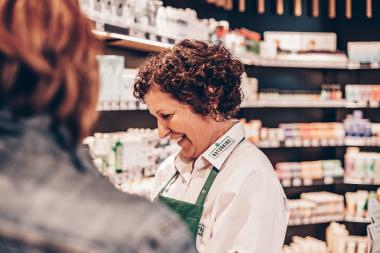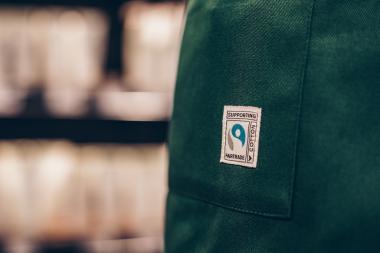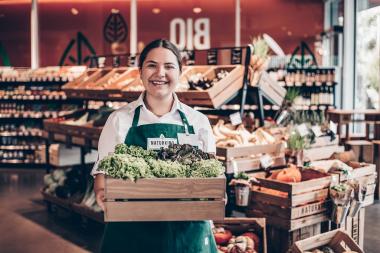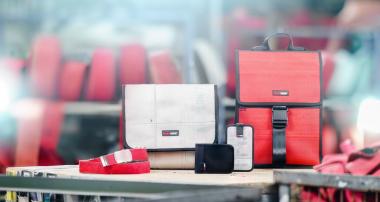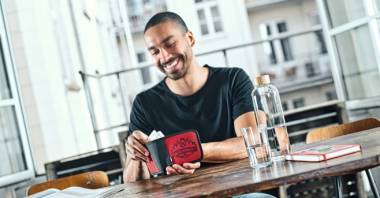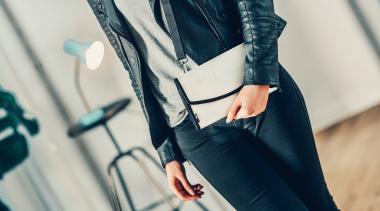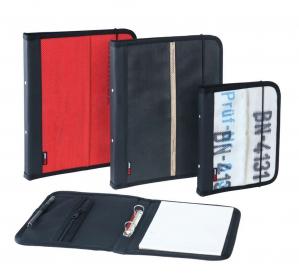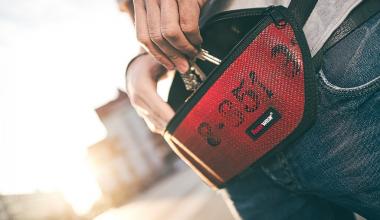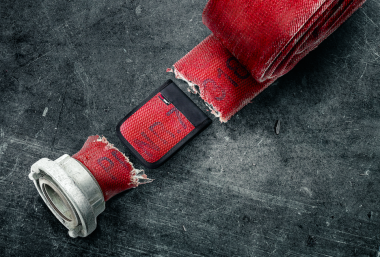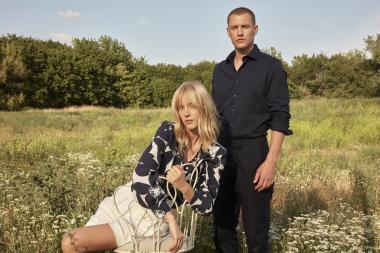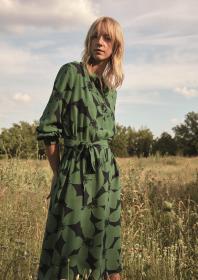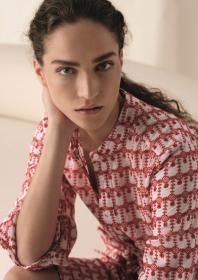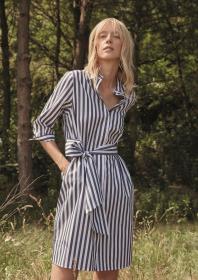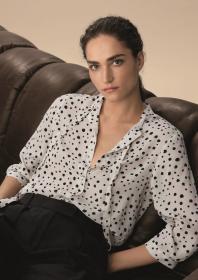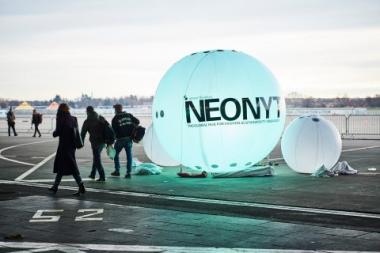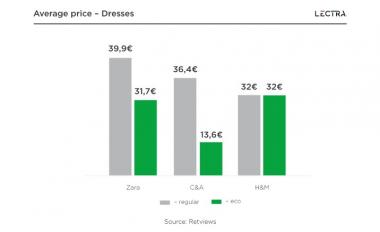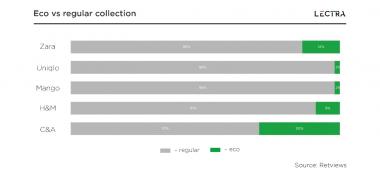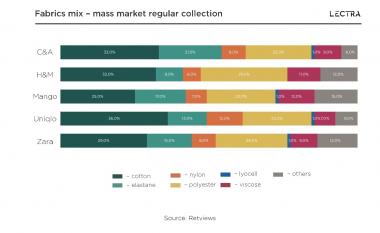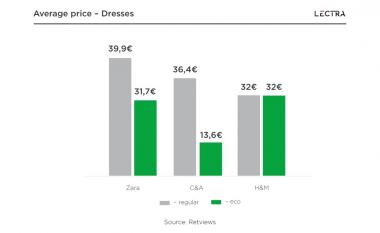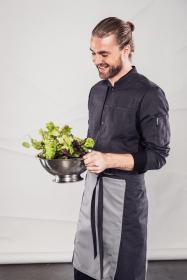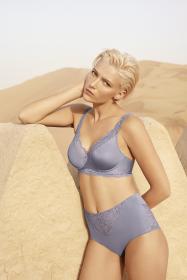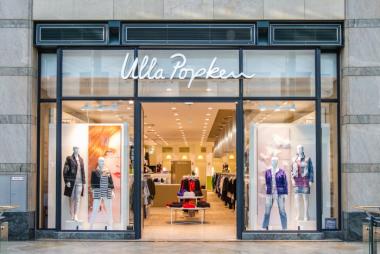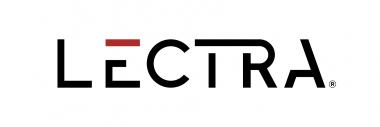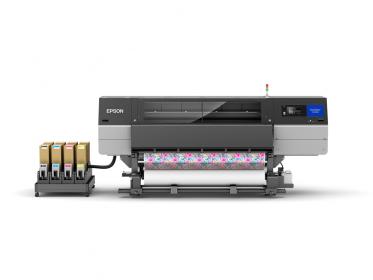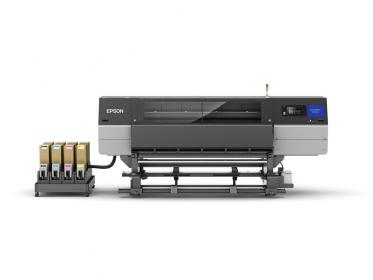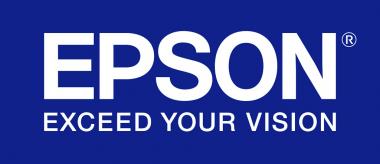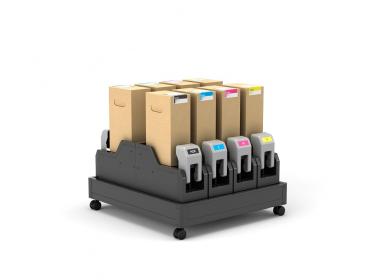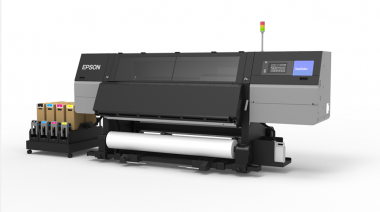UNION KNOPF MENSWEAR GmbH - Multiple Views Kollektion 2021/22
Shutdown. Einschränkungen. Chaos. Stillstand. Auf einmal ändert sich alles. Weltweit. Corona zwingt die gesamte Weltbevölkerung eine neue Perspektive einzunehmen. Auf einmal können persönliche Beziehungen, Handelsbeziehungen, Kundenkontakte nur digital fortgeführt werden, um Sicherheit zu bieten. Homeoffice wird Alltag. Die Kaufkraft der Endverbraucher sinkt. Ein reflektiertes Bewusstsein für Konsum wächst. Plötzlich müssen gewohnte Mechanismen ganz neu gedacht werden. Gleiches gilt für die Mode, somit für die gesamte Textilindustrie. Innehalten, neu denken, analysieren, abstrahieren, ungewohnte Terrains betreten.
Für die Union Knopf Menswear GmbH bedeutet dies, multiple Perspektiven einnehmen und Kunden dort treffen, wo sie sind – sei es im Büro, Homeoffice, auf Messen oder auf der anderen Seite der Welt. Dementsprechend hat die Union Knopf Menswear GmbH zur neuen Order- Saison 21/22 einen virtuellen Meetingraum entwickelt, in dem die neue Kollektion wie im Augengespräch besprochen und direkt gemustert werden kann. Die virtuelle Kollektionspräsentation ermöglicht eine gewohnt persönliche Kommunikation, Inspiration und Empathie dem Kunden gegenüber. Die realistische und plastisch wirkende Darstellung der Artikel im direkten Zusammenhang zum textilen Untergrund und Thema überwindet das fehlende haptische Moment.
Gleichzeitig bedeutet Umdenken, neue Sichtweisen auf die Mode selbst schaffen und unter Berücksichtigung der andauernden Veränderungen kritisch, innovativ und zukunftsweisend zu reflektieren.
Ein einschlägiges Beispiel dafür ist die formale Klassik. In Zeiten von Homeoffice und online Meetings wirkt Businesswear obsolet. Somit stellt sich die Frage nach ihrer künftigen Berechtigung. Wie wird sich Klassik präsentieren müssen, um als universaler Style an Begehren zu gewinnen und als modern zu gelten?
In der neuen Union Knopf Menswear Kollektion zum HW 21/22 liegt der Schwerpunkt folglich auf multiplen Sichtweisen der Klassik, die unter Berücksichtigung akzentuierender und funktionaler Bekleidungsaccessoires eine Neudefinition mitgestalten.
In der neuen Crossover-Kollektion der Union Knopf Menswear zum HW 21/22 liegt der Schwerpunkt auf modischen Themen, die sich über Zeitgeist definieren und weniger über kurzlebige Trends. Wie in letzter Saison basiert auch diesmal die Crossover-Kollektion überwiegend auf Knopfdesigns aus der Menswear, die sich als Unisex-Artikel herauskristallisiert haben. In dieser Kollektion wird ebenfalls viel Wert auf die Optionsvielfalt moderner Klassiker gelegt. Zusätzlich wird diese feminine Kollektion um schmückende Highlights ergänzt, die weitaus mehr sind als funktionale Bekleidungsaccessoires.
Union Knopf Menswear GmbH




